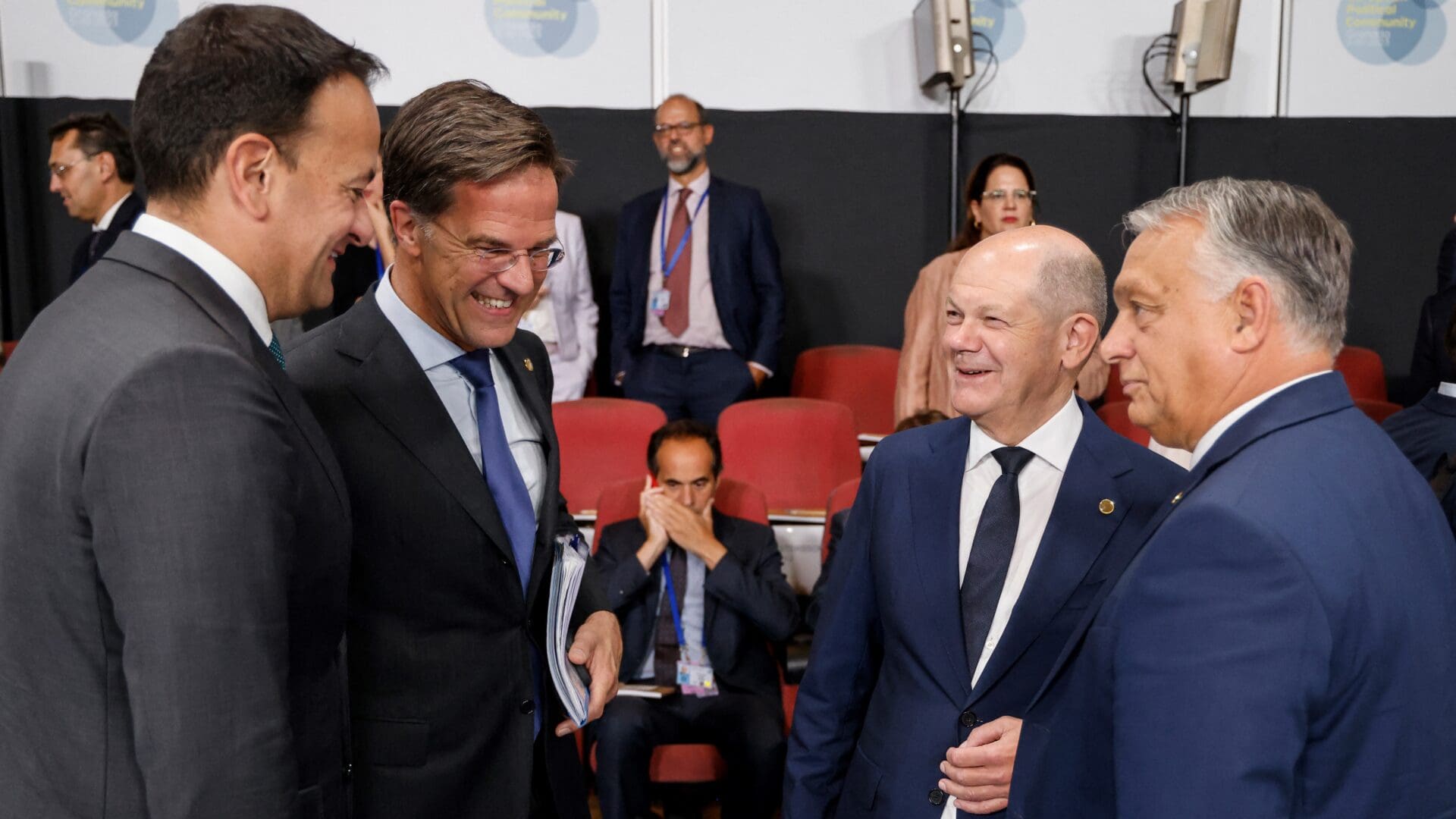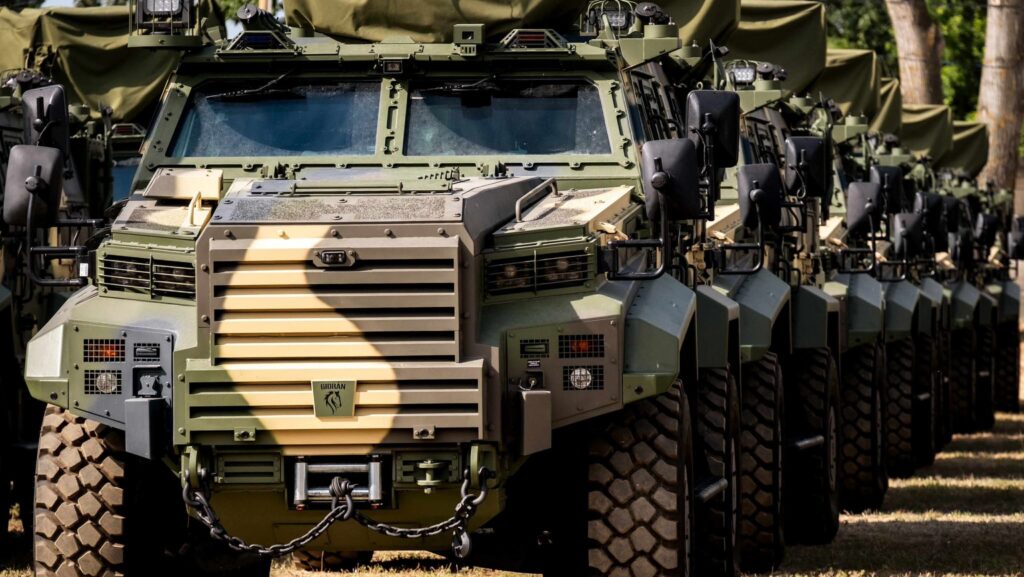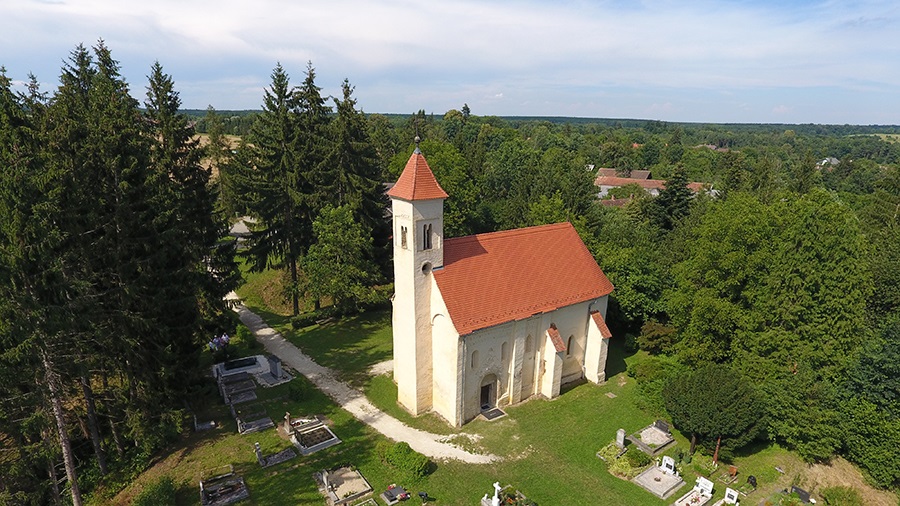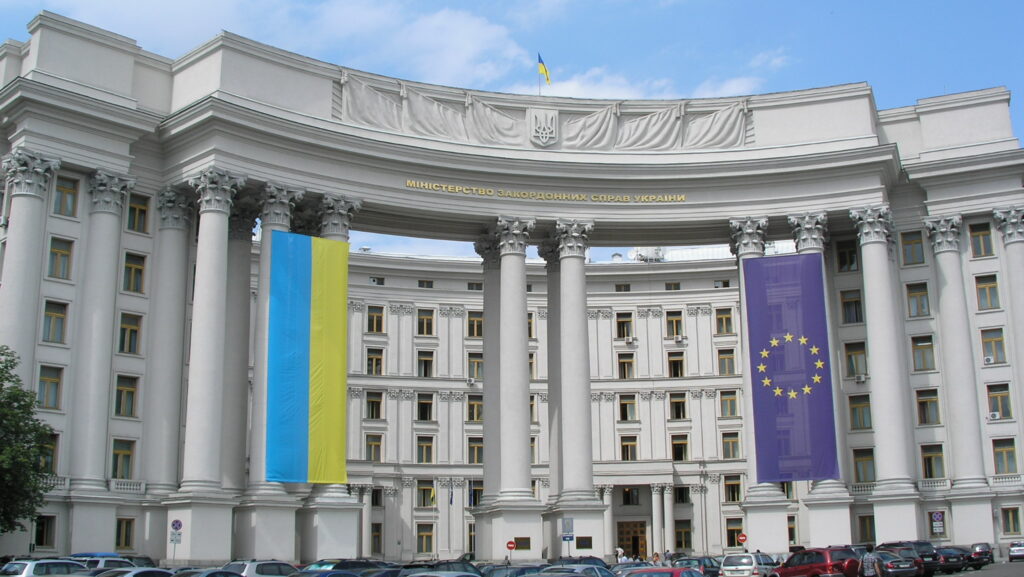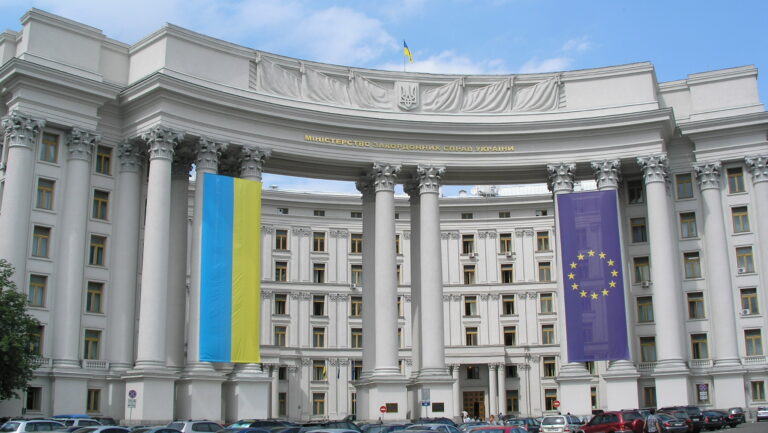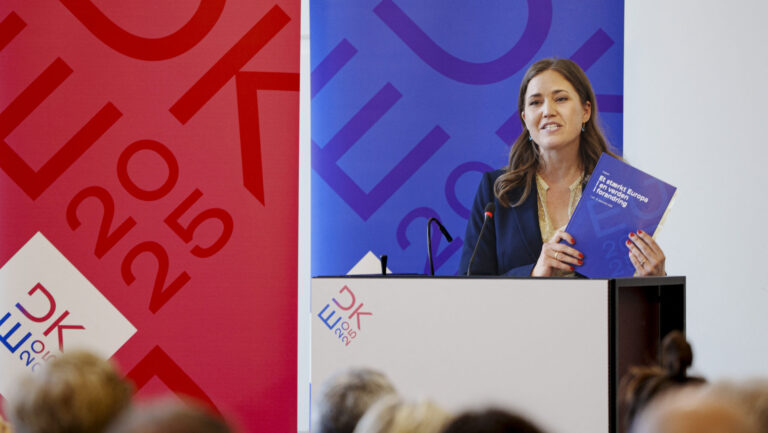The mandate of NATO Secretary General Jens Stoltenberg, which has been extended several times, is about to expire, and the competition for the vacant position is intensifying. The most confident candidate at the moment is former Dutch Prime Minister Mark Rutte, who has the support of at least 20 of the 31 member states, according to POLITICO.
The next NATO Secretary General will have to meet particularly stringent requirements due to the war in the alliance’s neighbourhood. They will need to maintain good relations with Washington and Brussels, but cannot be on completely bad terms with Russia either. As we know, there will be life, diplomacy, and cooperation after the war is over. Traditionally, American politicians and military leaders do not hold the post of Secretary General, as the United States always provides the SACEUR (Supreme Allied Commander Europe). Consensus is needed to elect someone as NATO Secretary General—that is, Rutte would have to convince about ten member states to take the post, and that will not be easy.
The first hurdle Rutte would need to overcome is Hungary’s veto.
Hungarian Minister of Foreign Affairs and Trade Péter Szijjártó recently announced that Budapest would not endorse the former Dutch prime minister’s bid for NATO’s top job. Szijjártó stated: ‘We certainly can’t support the election of a person to the position of NATO’s secretary general, who previously wanted to force Hungary on its knees.’ Rutte has been openly critical of the Hungarian government throughout his tenure, consistently voicing his disapproval aligned with the narrative of the Western left mainstream. When the Hungarian legislature voted to tighten the child protection law in the summer of 2021, Rutte remarked: ‘Hungary has no business being in the European Union anymore.’ He further commented: ‘The long-term aim is to bring Hungary to its knees on this issue.’
As demonstrated by the Swedish accession process to NATO, the Hungarian government demands respect—reciprocating it as well—from states and leaders aspiring to join the alliance. Naturally, this expectation extends to the position of NATO Secretary General. Hence,
Hungary’s apprehensions regarding Rutte could potentially result in his downfall.
However, Budapest is not the sole European capital expressing reservations about the potential candidacy of the former Dutch prime minister. This sentiment extends to the Baltic states situated in NATO’s eastern flank which share borders with Russia. Rutte is widely criticized for presiding over a period during his four terms as prime minister where the Netherlands’ defence budget consistently fell short of the 2 per cent of GDP threshold, which is the minimum expectation for member states of the defence alliance.
Estonian Prime Minister Kaja Kallas, who has also been mentioned as a possible candidate for NATO’s top position, expressed dismay over the lack of consideration for Eastern European states, a sentiment echoed in other high-level leadership appointments. ‘If we think about a geographical balance, it’s going to be the fourth [NATO] Secretary General from the Netherlands,’ Kallas told POLITICO. ‘And then there is a question [of] whether there are first-rank and second-rank countries in NATO.’ ‘Are we equals or are we not equals? So these questions still remain,’ she added.
Somewhat unexpectedly, Romanian President Klaus Iohannis has recently hinted that he might be eyeing the top job. Relations between Romania and Rutte have been strained; Rutte’s governments have consistently opposed Romania’s accession to the Schengen area for several years, and Bucharest may seek to retaliate accordingly.
However, Rutte garners support from major Western powers, with Berlin, Paris, London and even Washington endorsing the former Dutch prime minister’s candidacy, which could prove to be a significant factor. Since Donald Trump’s notable statement that Washington would not defend member states failing to meet the 2 percent contribution limit during his potential second presidency, Rutte’s favourable relationship with the former US president is also pivotal. This becomes even more significant with Trump’s recent landslide victory on Super Tuesday, and the withdrawal of his sole opponent, Nikki Haley.
Rutte earned the nickname ‘Trump whisperer’ back in 2018, following his success in persuading the then-Republican president to halt Washington’s withdrawal from the alliance. During a meeting, Trump conveyed that Washington would ‘go it’s own way’ if member states failed to boost their defence spending. According to officials familiar with the events, both French President Emmanuel Macron and then-German Chancellor Angela Merkel attempted to sway Trump, but
Rutte was the one who succeeded.
It is also argued that Rutte’s stance on Russia falls neither on the extremely friendly end nor as tough as that of leaders from the Baltic states, for instance, which could be a factor in his favour.
Jens Stoltenberg has served as NATO Secretary General since 1 October 2014, and his mandate was extended three times: in 2018, 2022, and 2023. Throughout his tenure, the Alliance achieved a historic enlargement with the accession of Finland and Sweden.
Related articles:

